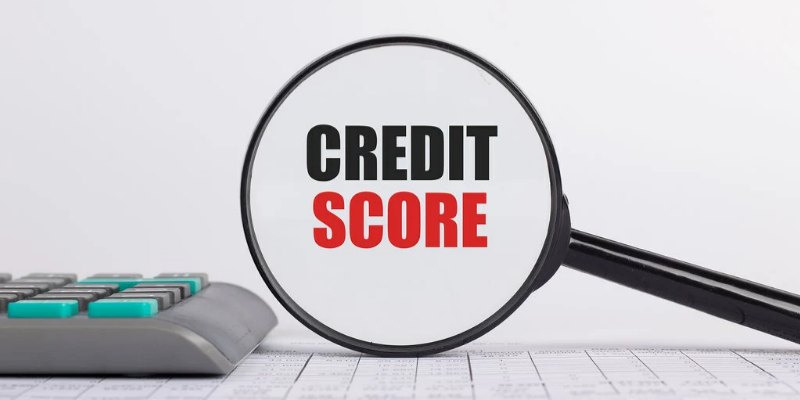What You Need To Know About Credit Scores

Credit scores are a way of measuring your creditworthiness and how likely you are to make good on your debt. A high credit score is essential for buying houses, cars, and other big-ticket items. In this guide, you’ll learn how to improve your credit score and how to see yourself from different angles in order to find out what changes you can make so that your score goes up.
Purchasing another vehicle is a huge decision and not one to be made lightly. If you are considering purchasing another vehicle, there are a few things you should keep in mind. First, you need to consider what type of vehicle you want and what will best suit your needs. Second, you need to think about your budget and how much you can afford to spend on a new car. Third, it is important to do your research and compare different models before making your final decision. By keeping these things in mind, you can be sure that you make the best decision possible when purchasing another vehicle.
What is a Credit Score?
A credit score is a number that lenders use to measure the creditworthiness of a prospective borrower. The higher your credit score, the lower your borrowing costs will be. Your credit score is determined by a variety of factors, including your payment history, credit utilization (the amount of your total debt compared to your available credit), and length of credit history.
How does your Credit Score work?
Your credit score is a number that lenders use to determine your borrowing capacity. Your credit score is based on your credit history and current credit utilization. Your credit history includes the payments you’ve made on your debts as well as the amount of debt you have. Your current credit utilization is the percentage of your available credit that you are currently using.
What are the Factors that go into your Credit Score?
A credit score is a number that shows how likely you are to pay back your debts. A good credit score means you’re likely to be approved for loans, mortgages, and other important financial products. There are six major factors that go into your credit score: your credit utilization (the amount of your total outstanding debt divided by your total available credit), the length of your credit history, the type of credit you have (prime or subprime), the amount of new debt you have recently opened, the credit bureau’s rating of your debt (AA, A+, or B+), and whether or not you are current on your payments.
Steps to Improve Your Credit Score
Credit scores are a measure of your creditworthiness. They play an important role in financing, insurance, and other types of transactions. Factors that can affect your score include how much debt you owe, the type of debt, and how long it has been outstanding. There are several steps you can take to improve your score.
- Pay your bills on time. This will help improve your score because it shows that you can manage your finances responsibly. If you have any outstanding debt that is past its due date, contact your creditor to discuss a payment plan.
- Keep your credit report updated. This will show that you’re taking responsible measures to maintain your credit score. According to Azeem From MakMeta.com “You can request a free copy of your credit report from each of the three major credit bureaus once every 12 months by visiting www.annualcreditreport.com or by calling 1-877-322-8228 (toll-free within the United States). You also can download a free copy of your report from each bureau every 12 months through www.annualcreditreportcard.com or by calling 1-877-322-8228 (toll-free within the United States). Be sure to review”
Remedies for Bad Credit Scores
There are various remedies for having a bad credit score.
You can improve your credit score by paying your bills on time, keeping your credit utilization low, and maintaining a good credit history.
If you have less than perfect credit, you can work with a credit counseling or credit repair agency to improve your score.
You can also try to get a lower interest rate on your loans, which will improve your overall score.
Finally, if you have had recent financial problems that have lowered your score, you may need to take specific steps to rebuild your credit rating.